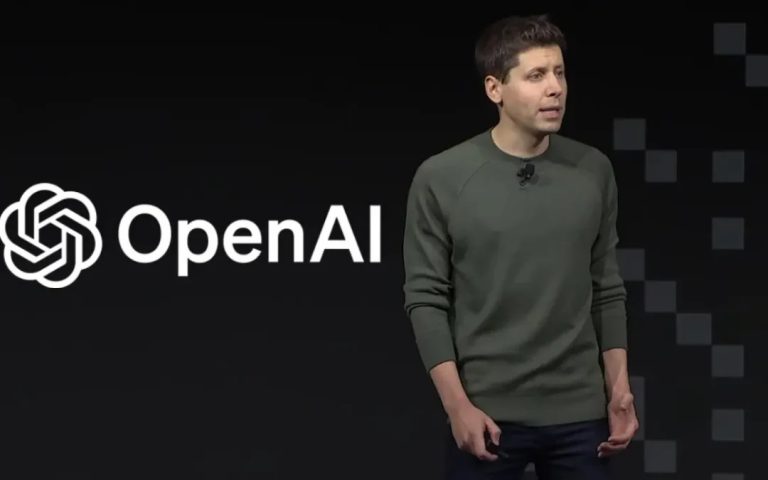
OpenAI CEO Sam Altman says artificial intelligence is fast becoming more than just a digital assistant — it’s now acting like a junior-level coworker and could soon cross into the realm of actual discovery.
Speaking Monday at the Snowflake Summit 2025, Altman told Snowflake CEO Sridhar Ramaswamy that AI agents are already performing tasks in ways that mirror early-career employees.
“You hear people that talk about their job now is to assign work to a bunch of agents, look at the quality, figure out how it fits together, give feedback — and it sounds a lot like how they work with a team of still relatively junior employees,” Altman said.
Register for Tekedia Mini-MBA edition 19 (Feb 9 – May 2, 2026).
Register for Tekedia AI in Business Masterclass.
Join Tekedia Capital Syndicate and co-invest in great global startups.
Register for Tekedia AI Lab.
But Altman suggested something deeper is on the horizon. “I would bet next year that in some limited cases, at least in some small ways, we start to see agents that can help us discover new knowledge, or can figure out solutions to business problems that are kind of very non-trivial,” he added.
That vision marks a stark shift in how AI is perceived — not just as a tool, but as a collaborative partner capable of making original contributions. Altman’s remarks arrive as OpenAI continues to push the limits of generative models, with its GPT-4.5 hailed as the first version that feels “like talking to a thoughtful person.” The model, released in February, is currently restricted to Pro subscribers due to a global GPU shortage, though Altman hinted at broader access once infrastructure bottlenecks ease.
OpenAI has also introduced Codex, a multitasking AI agent that automates software development tasks like writing code, debugging, and testing. Already in use by OpenAI engineers, Codex is designed to interface with external software, meaning it can complete complex workflows like booking a reservation — hinting at a future where AI assistants handle both backend and real-world functions.
Corporate Adoption Signals a Shift in Workforce Structure
The potential of AI is already reshaping employment. Companies like Shopify now require managers to justify why a position can’t be filled by AI before they are allowed to recruit. Duolingo recently said it would replace some of its contract staff with AI systems.
Economist Zanele Munyikwa of Revelio Labs shared data showing that AI is already eating into the demand for certain roles. Speaking to Business Insider, she revealed that the share of AI-doable tasks in job postings has declined by 19% over the past three years, especially since the release of ChatGPT in late 2022. The drop is even steeper — up to 31% — in professions most vulnerable to automation, such as database administrators and IT specialists.
This hiring slump reflects growing confidence among firms that AI systems can handle routine technical tasks more efficiently and cheaply. That trend is accelerating even before Altman’s forecasted breakthrough: agents that not only execute instructions but independently uncover insights and solve high-level problems.
Altman’s bet on AI agents as discoverers of new knowledge hints at a broader revolution in research, development, and decision-making. If realized, it could mean that teams lean more heavily on autonomous systems for innovation, not just execution.
However, this evolution raises deep questions about how organizations balance AI efficiency with human employment — and whether the rapid rollout of agents like Codex and GPT-4.5 will further tilt that balance.
Altman, who has previously warned of both the promise and perils of artificial intelligence, seems to be signaling that the next chapter is here: one where humans no longer just use machines to find answers — but work alongside them as partners in thought.



